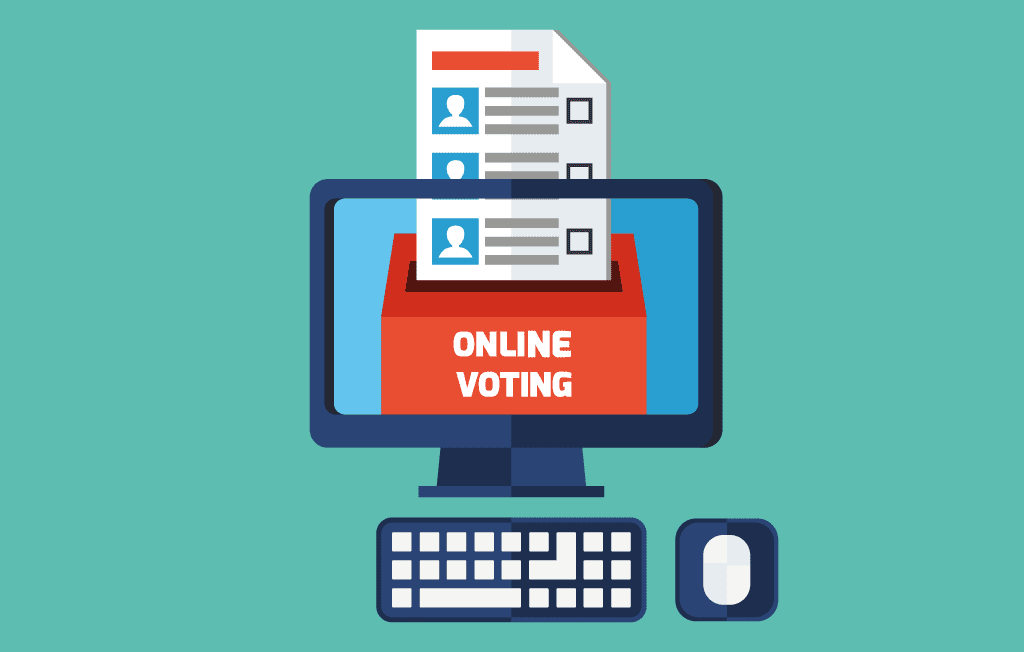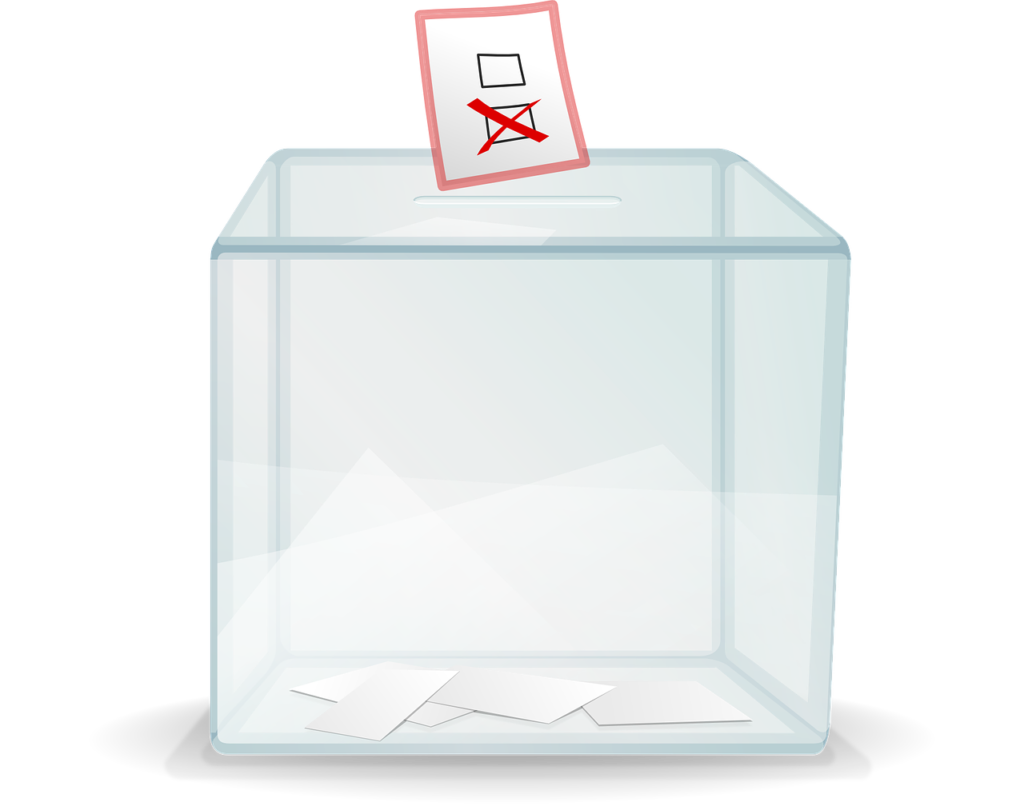
Is the online voting process really flawless?
Introduction
Election periods come with excitement that tends to keep everyone on their toes. The thrills, shouts, campaigns, and propaganda that come with the season make the experience worth it.
Elections occur periodically. On the other hand, technology is growing rapidly and incorporating itself into every fiber of society, including the electoral process.
The pretty thing about elections is the two-option rule: Participating or being apathetic. Whatever option you make, the mode of voting has a great potential to influence your participation.
As paper and ink walk down the road of extinction, the replacement: “technology,” is working just as hard to take over democratic practices. This article will delve into the disadvantages of online voting and its effect on society.
Read on and prepare your mind for some thought-provoking points. But first — what’s an online voting system?
It is an electronic platform that allows people to exercise their civic rights without being present physically. This voting system can be achieved through a website or mobile app on an internet-connected device. Yet, it has some disadvantages I would like us to explore.
Cons of Online Voting System
Yes, there are so many pros an online voting system offers, such as the ease of voting from the comfort of your home. However, just like two sides of the coin, online voting also has cons. Below are two significant issues that can be faced with an online voting system.
And the first is…
Security Instability
In some countries, physical electoral processes face security issues like thuggery and theft of ballot boxes. Meanwhile, online voting provides an illusion that these issues aren’t there.
However, desperate people will take desperate actions like hacking into the system to change the outcome of the elections.
While this theft doesn’t scream “physical violence,” it does involve stealing the mandate of the people. And in the end, the results will only favor the deceitful and mischievous party.
Nonetheless, the above situation will only occur if the contestants put corruption before leadership. True leaders are pure-hearted individuals who would rather lose elections than feed their lust for power.
The second issue is…
Lack of Transparency
It’s not the voting that is democracy, it is the counting
— Tom Stoppard

No one can deny the adrenaline rush that comes with counting papers from the ballot boxes after the conduction of a physical electoral process.
While it comes with the excitement of anticipating a winner, it also shows the people the “behind the scenes” of the results. Voters are aware of the number of votes and the party that won with a lesser degree of doubt.
However, online election skips this process, leaving it all to the electoral committee to decide and present the winner to the voters. In simpler terms, contesting the results of an online election is difficult.
Everyone must believe whatever the committee brings out as the final result. Even party agents do not have the power to question the process because the committee will put all the blame on the electronic devices and systems. Though, it’s without a doubt that those in charge can tweak the results to favor their candidate.
Conclusion
Online polls have advantages that outweigh the disadvantages with a clear margin. However, the rough side of online elections presents several ditches that can ruin a free and fair election.
Statistics from previous elections show that there has been increased efficiency, excellent voter turnout, and improved accuracy with online elections.
It is essential for every electoral committee that wants to embark on an e-voting process not to overlook the potential disadvantages.
Elections occur periodically, and very soon, it would be IFUMSA’s turn. To get undiluted information and interviews with aspirants, click here.



Leave a Reply